The Institute for Meta-Synthesis: Purpose, Activities, and Outcomes (2023)
Description
This video provides a brief overview of the Institute for Meta-Synthesis (IMS): its purpose, activities, and outcomes. Funded by the National Science Foundation in 2020, IMS has provided webinars and in-person workshops to build capacity of meta-synthesis skills for over 2,200 scholars. If you are interested in learning more about the Institute for Meta-Synthesis, please visit our website: https://www.terc.edu/metasynthesis/ or contact us at metasynthesis@terc.edu
Our meta-synthesis publications:
- Ong, M., Wright, C., Espinosa, L., & Orfield, G. (2011). Inside the double bind: A synthesis of empirical research on undergraduate and graduate women of color in science, technology, engineering, and mathematics. Harvard Educational Review, 81(2), 172-209. https://doi.org/10.17763/haer.81.2.t022245n7x4752v2
- Ong, M., Jaumot‐Pascual, N., & Ko, L. T. (2020). Research literature on women of color in undergraduate engineering education: A systematic thematic synthesis. Journal of Engineering Education, 109(3), 581-615. https://doi.org/10.1002/jee.20345
- Jaumot-Pascual, N., Ong, M., Silva, C., & Martínez-Gudapakkam, A. (2021). Women of color leveraging community cultural wealth to persist in computing and tech graduate education: A qualitative meta-synthesis. Education Sciences, 11(12), 797. https://doi.org/10.3390/educsci11120797
NSF Award: 2024967

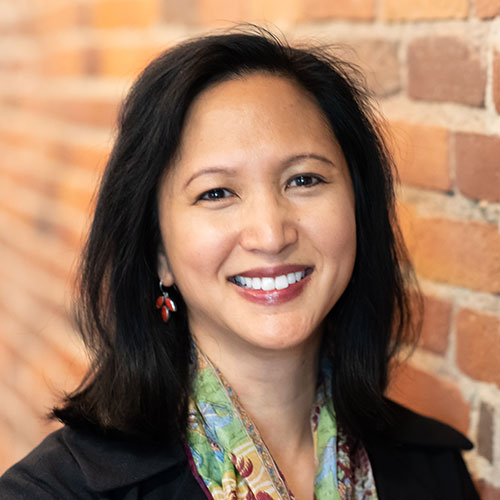
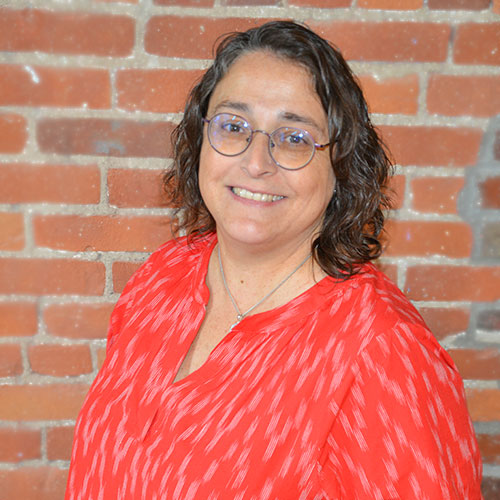
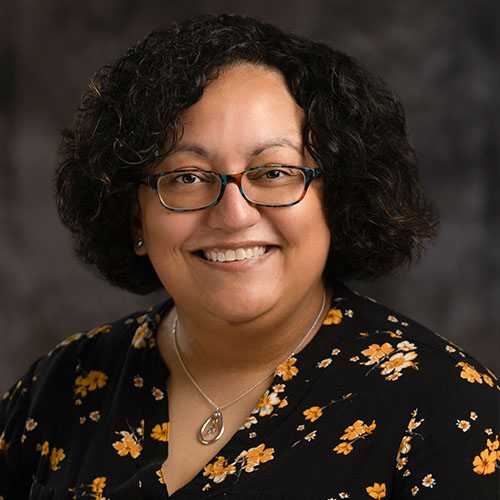

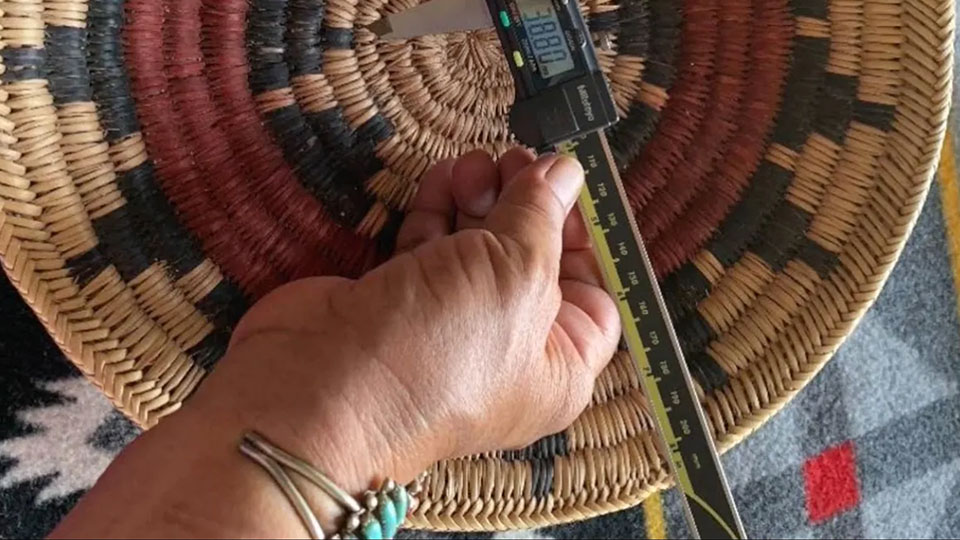
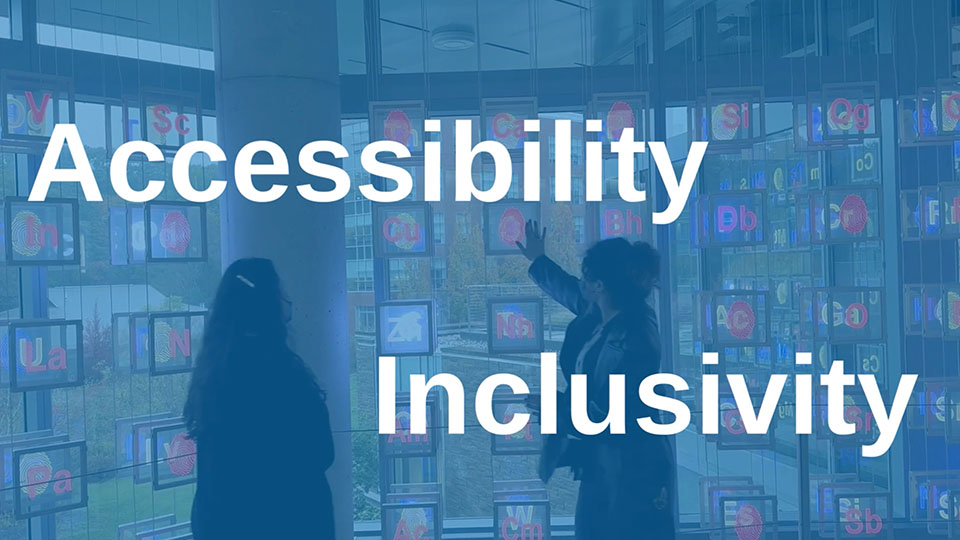
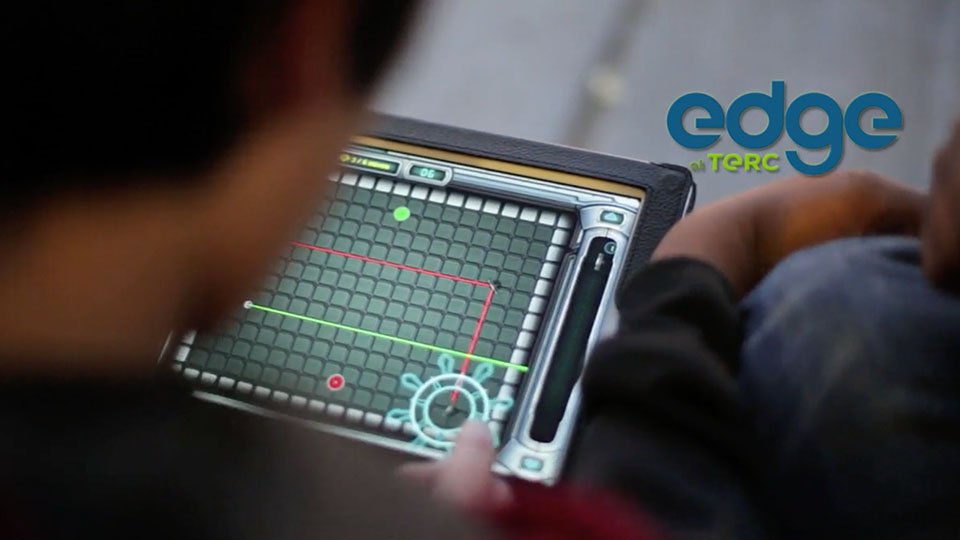
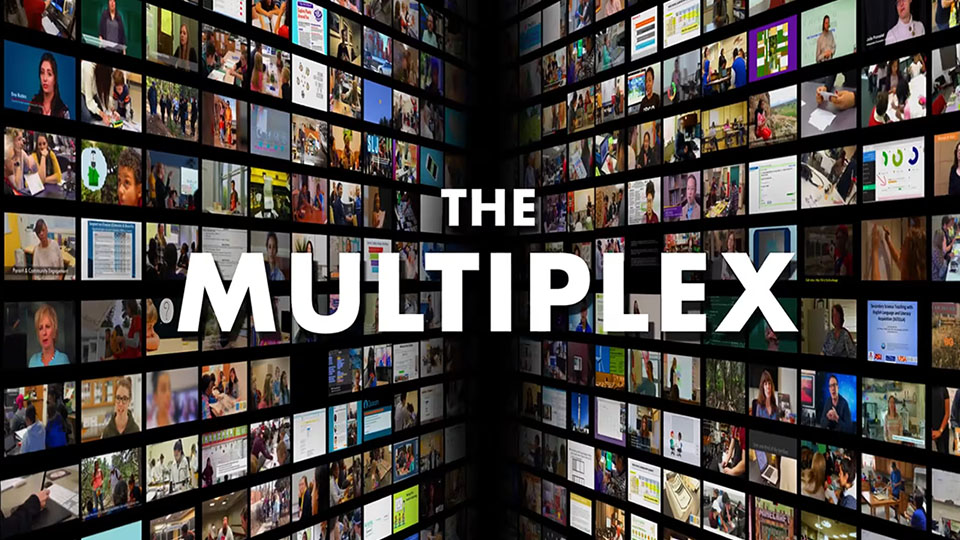
Qualitative meta-synthesis is a rigorous and innovative approach to analyzing findings from multiple qualitative education research studies. This video shares information about the purpose of meta-synthesis and why it’s important; our in-depth workshops and webinars teaching qualitative meta-synthesis techniques, with a special emphasis on STEM equity and inclusion literature; and a permanent set of resources to teach online users about meta-synthesis methods.
As IMS instructors, we teach theory and techniques for qualitative meta-synthesis, with goals of equipping participants with skills for executing successful meta-synthesis projects, publishing rigorous meta-syntheses, and constructing competitive meta-synthesis grant proposals, ideally with goals towards equity and inclusion in STEM. Furthermore, skills learned for meta-synthesis may be applied to other important research tasks, such as conducting searches for literature reviews.
We would appreciate creative ideas from the video showcase audience for additional ways to reach scholars who may be interested in this method. Questions are always welcome!
This is my introduction to qualitative meta-synthesis analysis, initial reactions are intrigue, wonder, and curiosity. I wonder about how to include this methodology ore broadly in informal science research initiatives. I think it’s really evident that the team is inclusive and very thoughtful about your practice and I think the workshops seem like they would be fun to attend. It would be neat to consider collaboration opportunities with the REVISE Center down the line- especially as we begin to look for resources to distribute to the community that prioritize BIPOC centered approaches to research.
Great work team!! 😀
Yes, this methodology can definitely be used in informal science learning research. It’s a matter of choosing a topic and starting the work!
From a personal perspective, I have been thinking about what would be a meta-synthesis on informal STEM learning that would be interesting to me and that would be helpful to the field. I can think of topics such as how equity work has been integrated in research projects on making and makerspaces, or how art museums have integrated STEM and equity work in their programming. Still mulling over the possibilities.
Actually, a collaboration with the REVISE Center is something that is very much on the table. We have been talking with Lisette about this, and we are hoping that it will happen in the next year or so. Let’s talk more!
Very intriguing. I definitely get the need for new methods to grapple with over-abundant research, especially in qualitative studies which tend to be so very rich in themes, data, and conjectures. Can you say a little more about one or two points by which your methodology improves upon “standard” lit review methodology? Reading some of the linked papers, I see methodology that is sort of what I’d expect — so clearly I’m missing something!
“I had the opportunity to attend the Institute for Meta-Synthesis (IMS) in-person workshop at TERC this year. I encourage anyone interested in building their meta-synthesis skills to participate! The workshop facilitators (Mia Ong, Lisette Torres-Gerald, Nuria Jaumot-Pascual, & Christina Silva) worked very hard to make the programming engaging, relevant, accessible, and responsive.”
That’s a good prompt for me as I try to think about how I’d answer Nuria’s question–where is there rich lit to synthesize. I’m thinking …
Something psychological … something environmental. It was definitely a shock to me to find out that I could have been consulting journals on environmental education as well as parks and leisure as well as scicomm as well as visitor studies. It’s a lot …